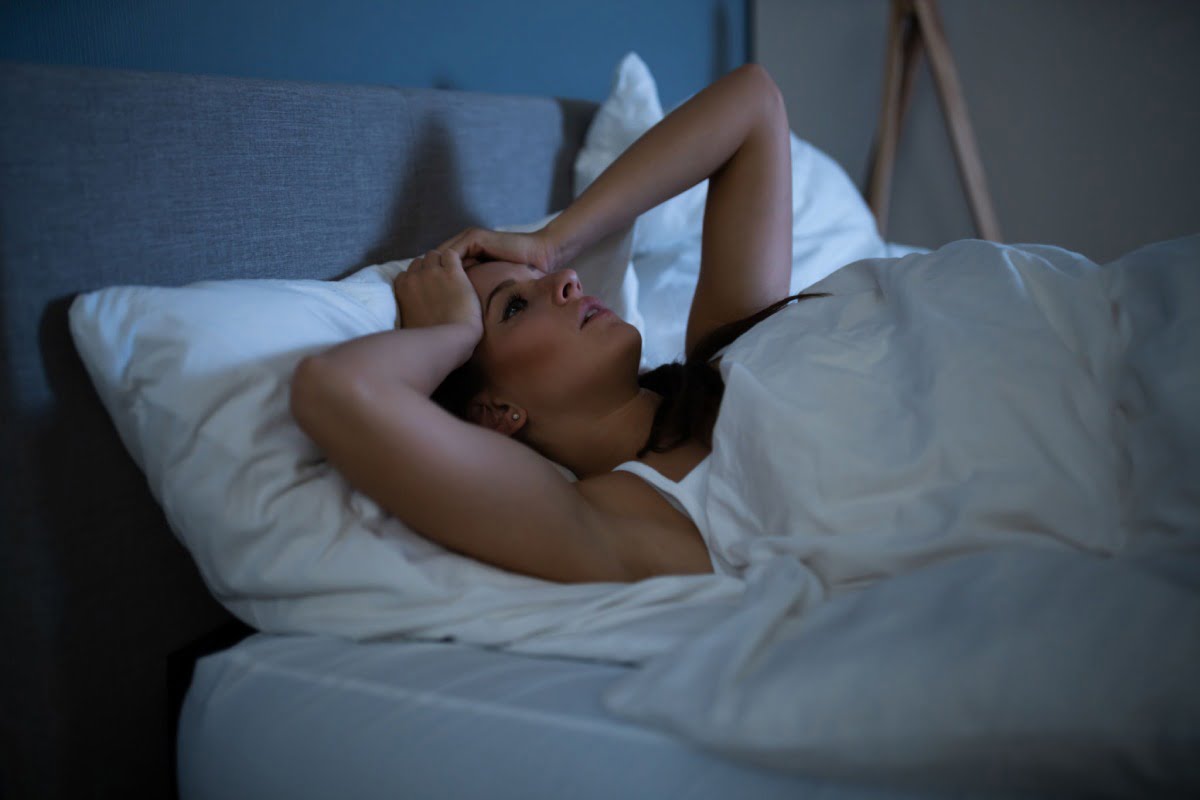
Having Trouble Sleeping? These Amazing Tips Will Help
Having Trouble Sleeping? These Amazing Tips Will Help – If you’re like most people, you probably have trouble sleeping from time to time. Several factors can lead to sleepless nights, whether it’s due to stress, a busy schedule, or something else.
Fortunately, there are several things you can do to help improve your sleep quality and quantity. With that said, here are a few other tips to help you sleep better:
Table of Contents
1. Use a Night Guard for Teeth Grinding
If you suffer from bruxism (teeth grinding), using a night guard for teeth can help protect your teeth and improve your sleep. Bruxism is often caused by stress, so it’s important to find ways to reduce your stress levels. In addition to using a night guard, you can try relaxation techniques such as yoga or meditation.
2. Establish a Regular Sleep schedule
When it comes to sleep, consistency is key. Going to bed and waking up simultaneously each day will help regulate a natural sleep routine for you. It’s especially important on weekends when it can be tempting to stay up later and sleep in. If you maintain a regular sleep schedule, you’ll find it easier to fall asleep.
3. Get Enough Exercise
Exercise is good for your overall health, but it can also help improve your sleep. Getting at least 30 minutes of moderate exercise each day can help you sleep better and longer. Avoid working out too close to bedtime, as this can have the opposite effect.
4. Create a Relaxing Bedtime Routine
One of the best ways to prepare for sleep is to create a relaxing bedtime routine. For example, it could involve taking a warm bath, reading a book, or doing light stretching. By relaxing before bed, you’ll be more likely to fall asleep quickly and stay asleep throughout the night.
5. Limit Caffeine and Alcohol Intake
While a small amount of caffeine can help you sleep, too much can have the opposite effect. Similarly, alcohol may help you fall asleep initially, but it will disrupt your sleep later. Therefore, it’s best to limit your intake of both caffeine and alcohol in the hours leading up to bedtime.
6. Turn Off Electronics
The light from electronic devices can interfere with your body’s natural sleep-wake cycle. Therefore, it’s important to disconnect from electronics at least 30 minutes before bedtime. It includes TV, laptops, smartphones, and tablets. If you need to use an electronic device before bed, try dimmed lighting or an app that filters blue light.
7. Sleep in a Darkness Room
Your body releases melatonin when it’s dark, which helps to promote sleep. Therefore, it’s important to create an as dark environment as possible when you’re trying to sleep. It means closing the curtains or wearing an eye mask. If you need to get up during the night, try using a dim night light instead of turning on the overhead light.
To Sum It Up
If you’re one of the millions of people who have trouble sleeping, make sure that your sleep environment is as comfortable and dark as possible. You might also want to try a dental guard if you grind your teeth at night – this can help reduce noise and wear on your teeth. Finally, avoid caffeine and alcohol before bedtime and establish a routine sleep schedule.
With these simple tips, you should start seeing an improvement in your sleep quality in no time.


